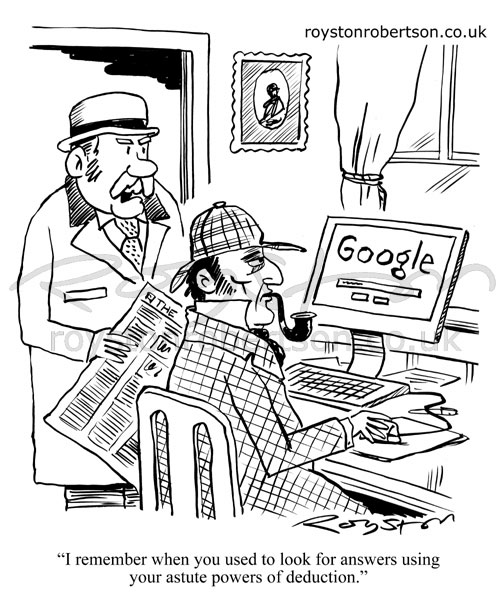aacquacnoa:
I was writting a post and I spelled philosophy as phiolosophy and even before I realised I had put the extra 'o', the word felt 'not quite right'. I wonder why this is?
I was watching BBC life and for a moment it felt wierd too, like, "is that the correct spelling for life?" It felt like some deja vu kinda feeling, but now when I look at them, neither look wierd.
Why does this happen?
They're called transpositions.
And why aren't you shwoing Fraggle a little gartiutude for elaboratliy explaing to you what that 'weirdness' was?
You're being an ahssole totally ignoring him.
Fraggle:
It's recently been discovered that when we read, we read whole words at a time, not individual letters. In order to recognize a word, three conditions are necessary:
The first letter must be in place.
The last letter must be in place.
All of the remaining letters must be in between, with none missing, no substitutions and no extras, but their sequence is not very important.
It isn't a recent develpment, though.
The meme has been around for about a decade, passed around via emails and websites becuase someone stuck the word "Cambridge" in there, giving it the presitge of university research and people with PhD's making the claim.
It's been sourced to a letter written to New Scientist Magazine that's snowballed into the myth that this aibility to raed this applies to all human brains.
There was never such study and it doesn't apply to all words, usually 2 or 3 letter functional words like "you" and "the".
That was the disheartening part-- I wanted to believe it so bad and we all do because it's something your awesome brain is responding to so how can it be untrue?
Its true the brain sees the world in what's called 'schematics', but this weirdness doesn't apply to agglutinative languages like German or to Semitic languages where vowels are left out.
I feel so pissed on.
This is neat too:
yellow ,
red,
blue.
Try saying the colors of each word as quickly as possible.






